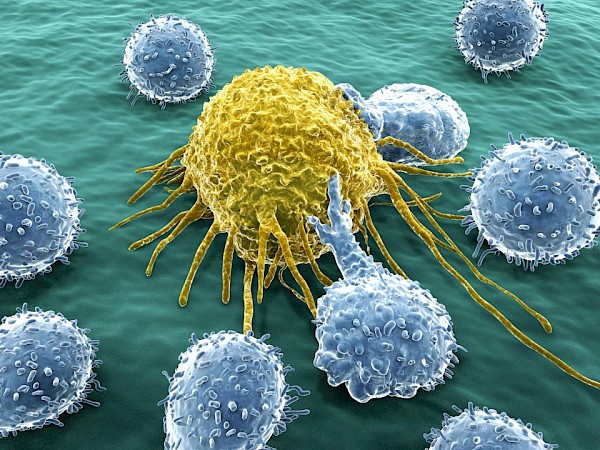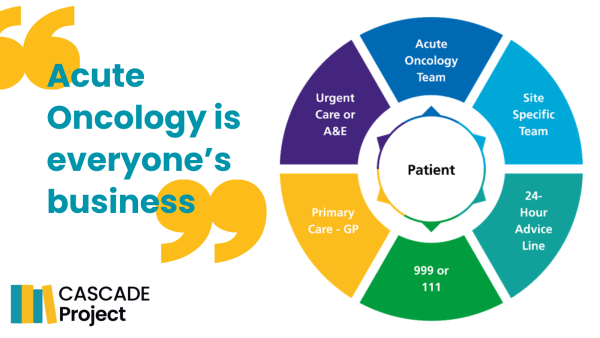Members of the UKONS website can access the Cancer Demystified webinar series HERE.


We are now on LinkedIn and Instagram. Connect and follow us here...
www.linkedin.com/company/uk-oncology-nursing-society
https://www.instagram.com/ukonsmember/

The Acute Oncology Competence Assessment Passports have been launched! They are a suite of multi-disciplinary, standardised competence assessment documents for staff working at all levels of practice with patients who have oncological emergencies. The Passports were officially launched last week at the UKONS fringe session at the UK Oncology Forum in Brighton.
